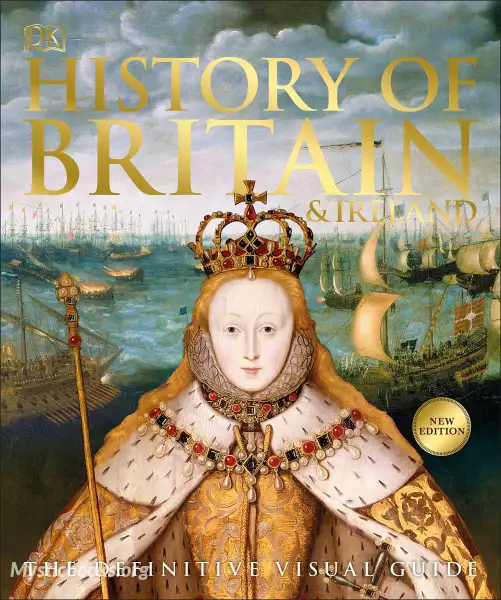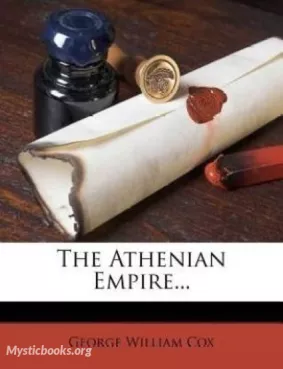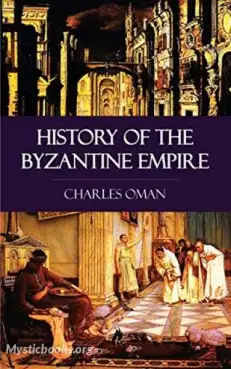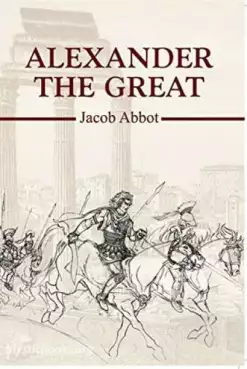
The History of Britain
by John Milton
'The History of Britain' Summary
A reader of this history, encountering the frequent references to “my author,” meaning the current source, will be reminded of DON QUIXOTE and of THE MORTE D'ARTHUR, for Milton employs a style that might be called dissertational rather than novelistic; he carefully identifies his sources and often quotes from them. However, much of the scholarly documentation has been omitted from the reading—all except footnotes indicating the years—to avoid cumbersome interruptions.
What will be obvious to a listener, though, is that Milton uses earlier chronicles with discretion. He doubts the very existence of Arthur and proposes an ingenious explanation of the origin of his supposed father's name, Uther. When obliged to cite George Buchanan, the world-renowned neo-Latin author and tutor (later detractor) of Mary Queen of Scots, he regularly uses more than a grain of salt, in view of that scholar’s Scottish bias.
And as he carefully weighs the reliability of his sources, so he offers his candid opinion of the wisdom and integrity of historical figures. He sneers at the story of King Canute’s famously commanding the rising tide of waves to retire, but not for the reason one might suppose. Boadicea gets low marks, Alfred high ones—but not without some reservations. And in a long digression comparing the government of Britain, newly freed from Roman domination, to the British republic under Cromwell (for which, as Secretary of the Foreign Tongues, Milton was the voice), his criticism is so frank and savage that the passage had to be suppressed during his lifetime. Such personal opinions are what make this book entertaining and useful for the serious study of the author’s thought and personality.
The endearingly affectionate life of the author, written by his elder nephew, Edward Philips, offers much first-hand information although its facts are not always accurate and its coverage spotty. One learns nothing, for example, about Milton’s visit to the home of Galileo, but Philips's discussion of the role his cousins played in their father’s scholarly pursuits is detailed and affords no basis to the myth that he ever dictated his poetry to his daughters.
Book Details
Language
EnglishOriginal Language
EnglishPublished In
1670Authors

John Milton
England
John Milton was an English poet and intellectual who served as a civil servant for the Commonwealth of England under its Council of State and later under Oliver Cromwell. He wrote at a time of religio...
Books by John MiltonDownload eBooks
Listen/Download Audiobook
- Select Speed
Related books

The Athenian Empire by George William Cox
This provides a detailed history of the Athenian Empire, which was one of the most significant political powers in Greece during the 5th century BCE....

The Natural History Volume 7 by Pliny the Elder
It is a comprehensive study of the natural world in ancient Rome. Written in the 1st century AD, this volume is a part of Pliny's larger work, Natural...

Alexander the Great by Ada Russell
This book provides a concise overview of the life and military campaigns of Alexander the Great, one of the most renowned military leaders in history....

Henry the Seventh by James Gairdner
Henry VII, the founder of the Tudor dynasty, less known than his son, Henry VIII, or granddaughter Elizabeth I, is often overlooked. This King toppled...

The Byzantine Empire by Charles William Chadwick Oman
Fifty years ago the word “Byzantine” was used as a synonym for all that was corrupt and decadent, and the tale of the East-Roman Empire was dismissed...

Old Christmas: From the Sketch Book of Washington Irving by Washington Irving
In 'Old Christmas,' Washington Irving takes readers on a nostalgic journey through the heart of England during the festive season. Through the eyes of...

Alexander The Great by Jacob Abbott
Jacob Abbott's book meant for young readers portrays Alexander as a military genius, endowed with remarkable intelligence, physical beauty and courage...

Nippon by Alfred Noyes
LibriVox volunteers bring you eleven recordings of Nippon by Alfred Noyes. This was the weekly poetry project for the week of June 9th, 2007.

The White Conquerors: A Tale of Toltec and Aztec by Kirk Munroe
In the heart of ancient Mexico, where the sprawling empires of the Toltecs and Aztecs clashed, a tale of courage, love, and conquest unfolds. Kirk Mun...

A Half Century of Conflict, Volume 1 by Francis Parkman
Francis Parkman (1823-1893) is one of the great nineteenth century United States historians along with William Prescott, John Lothrop Motley, George B...
Reviews for The History of Britain
No reviews posted or approved, yet...